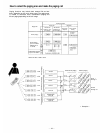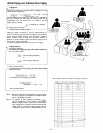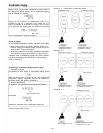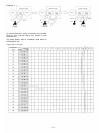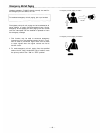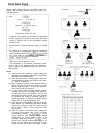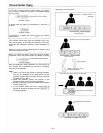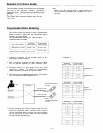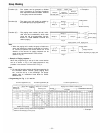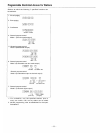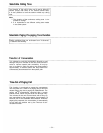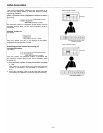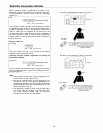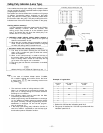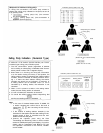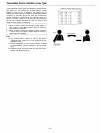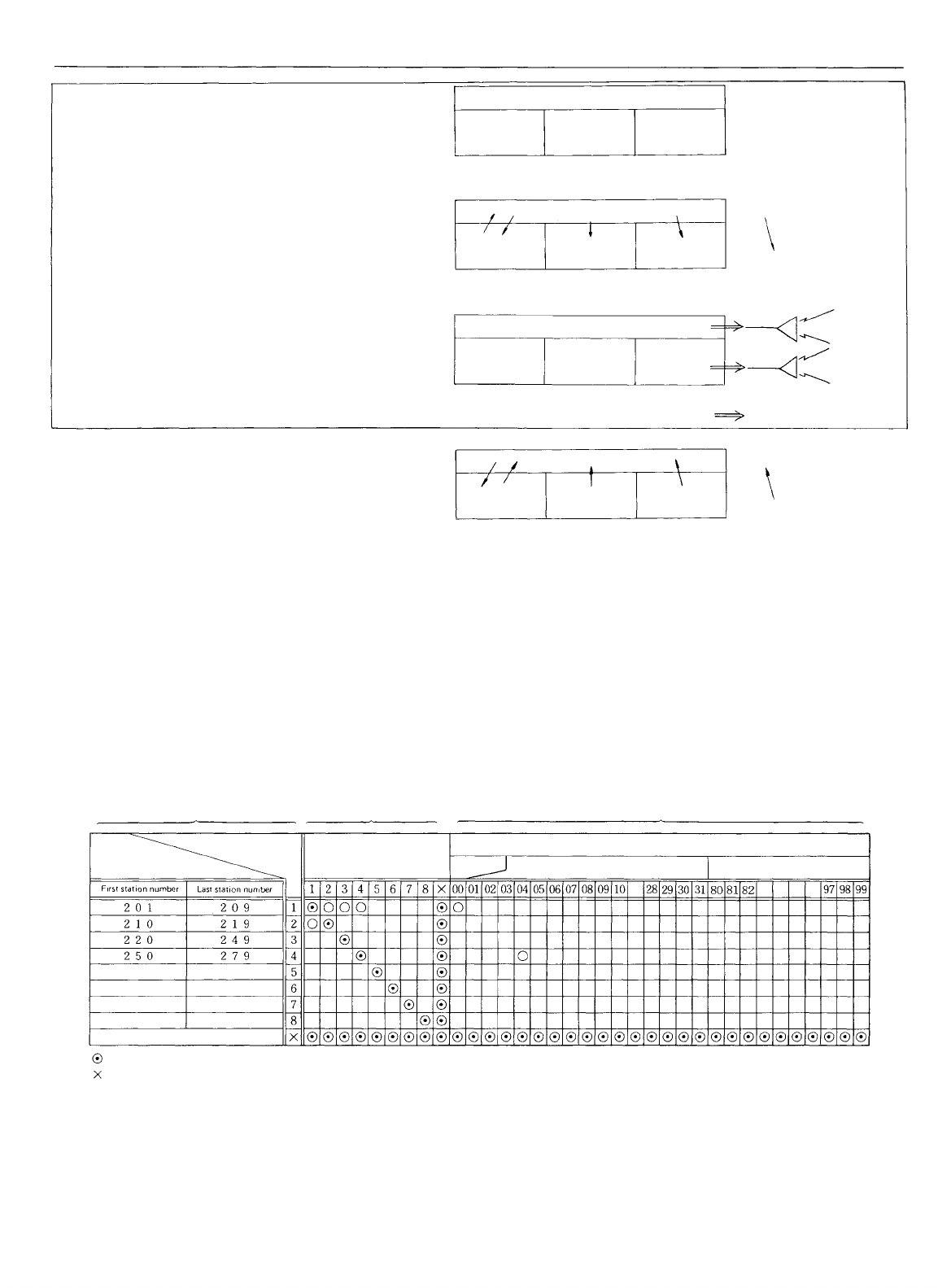
Group Blocking
Function (A) . .
Function (B) . .
Function (C) . .
The system can be grouped or divided
into a maximum of 8 groups of stations
with sequential station numbers. Stations
in the group cannot call another.
The group can call and/or be called by
any other group (s) by programming.
The paging zone number (all-call, indivi-
dual zone and combination) which each
group can call is programmable. (No dis-
tinction is made between external and
station paging.)
Group 1 No.201 ~ 209
Group 2
No.210~219
Group 3
No.220~249
Group 4
No.250~279
Fig. 1
< Example >
Group 1
Group 2
Group 3
Group 4
Fig.
2
Calling station
Station receiving
Group 1
Group 2
Group 3
Group 4
Fig.
3
All-call paging
Zone 4 paging
Paging station
Paging zone
Group 1
Group 2
Group 3
Group 4
Fig.
4
Paging station
Paging response
Station responding to paging call
Note.
1. When the paging call is made, the group of stations to
which the response is made is restricted by Function
B. Function B permits the normal station call in the
direction of the arrows. Its paging response can be
made in the opposite direction of the arrows.
(Refer to Fig. 4)
< Example of Paging response >
When the programming is set up for the normal station
call as is shown in Fig. 2, the paging response is only
possible in the direction of the arrows of Fig. 4.
Note.
2. To use this function station No.200 programming for
the allocated station number, group, paging zone,
etc., must be set up in the exchange. For further
details, refer to Installation Hand Book for EXES-
6000 CP unit.
< Programming for Fig. 1, 2, 3 and 4 >
Function registration (A)
Function registration (B)
Function registration (C)
Station for
each group
Group No. of calling
station
Group No. of station
receiving call
All-call
Paging zone of station receiving call
Zone No.
Combination zone No.
Station not in group
Stations capable of being called without registration.
Stations not belonging to the group.
< Example >
—52—



